We are collecting details of all events for external audiences taking place between 1 August 2022 – 31 July 2023
Thank you to everyone who has already provided information via the SharePoint site. The form will stay open for you to add your activities until Friday 29 September 2023. We encourage you to add your new data regularly throughout the year, while the details are easily recalled.
This data forms part of BU’s annual Higher Education – Business & Community Interaction (HE-BCI) survey and is used to calculate our Higher Education Innovation Funding grant. It also feeds into our submission to the Knowledge Exchange Framework so it is really important for us to provide a full and accurate picture of all our public engagement.
Which events do I need to report? 
- Public lectures & talks
- Performance arts (music, dance, drama etc)
- Exhibitions (galleries, museums etc)
- Museum education
- Media engagement (TV/radio interviews, podcasts etc)
If you’re not sure if your event is eligible for inclusion, the SharePoint site includes further details and guidance.
All events that were part of the ESRC Festival of Social Science 2022, Online Public Lecture Series and Café Scientifique have/will be collated on your behalf centrally, so there is no need to add these.
What data is collected?
We collect a wider range of data than is required for HE-BCI, for additional external and internal reporting, e.g. HEIF Annual Monitoring Statement and Athena Swan. For the purposes of the HE-BCI survey, you must record the following:
- Event dates – to ensure eligibility
- Whether the event or activity was free or chargeable
- Number of attendees (or views/visitors)
- Amount of staff time in hours needed for delivery.
Without this specific data, we will not be able to include your event in the survey.
Contact us
If you have any further questions about the HE-BCI return, please contact publicengagement@bournemouth.ac.uk.

 Every year the Green Man Festival curate a line up which fuses performance, art, music and research to bring the world around us and our questions about it to life in the most wonderful ways.
Every year the Green Man Festival curate a line up which fuses performance, art, music and research to bring the world around us and our questions about it to life in the most wonderful ways.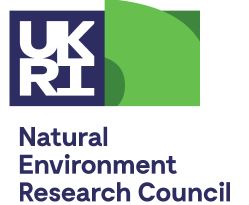 Funding type: Fellowship
Funding type: Fellowship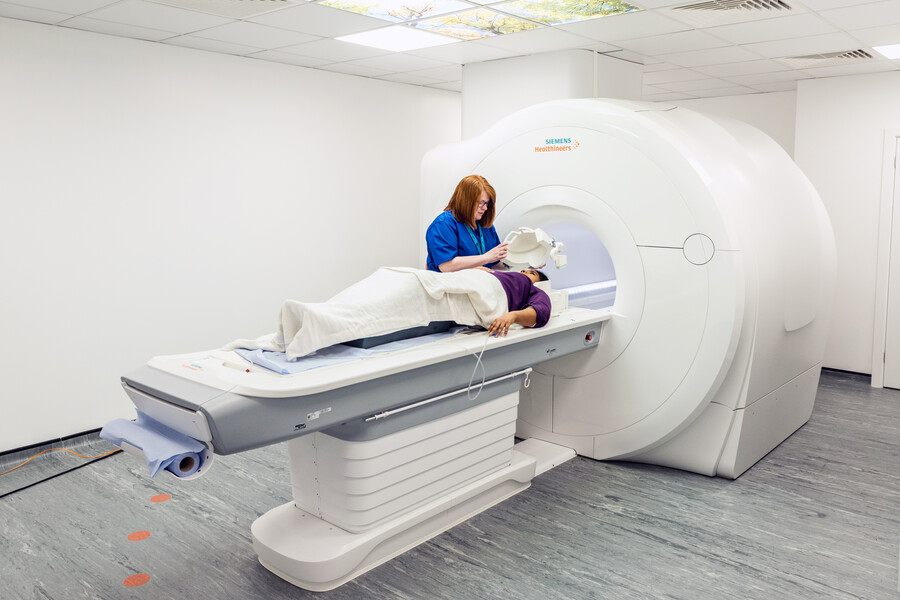 The Institute of Medical Imaging and Visualisation (IMIV) is pleased to announce the launch of the IMIV MRI Research Project Scheme 2023.
The Institute of Medical Imaging and Visualisation (IMIV) is pleased to announce the launch of the IMIV MRI Research Project Scheme 2023.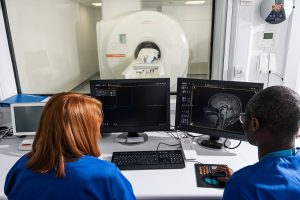 Applications close on Friday 7th July 2023.
Applications close on Friday 7th July 2023. 
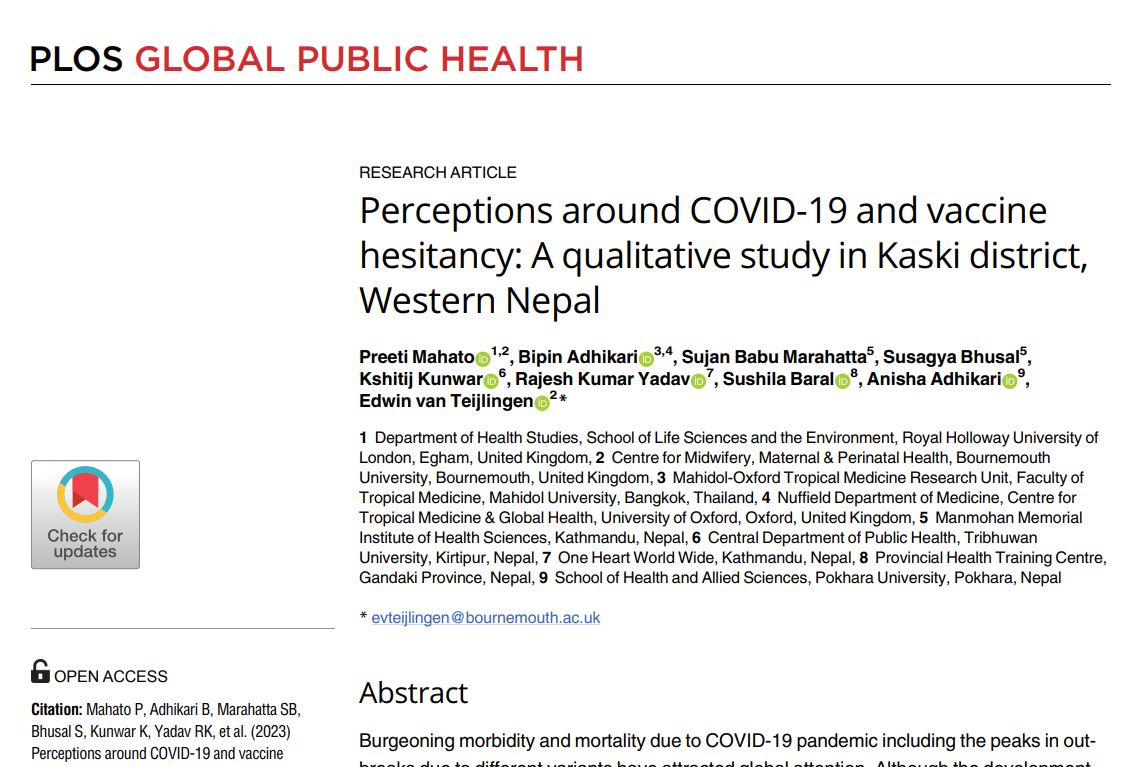
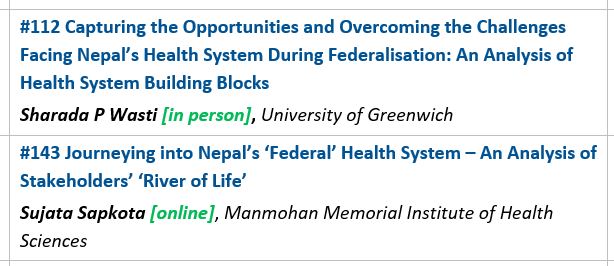
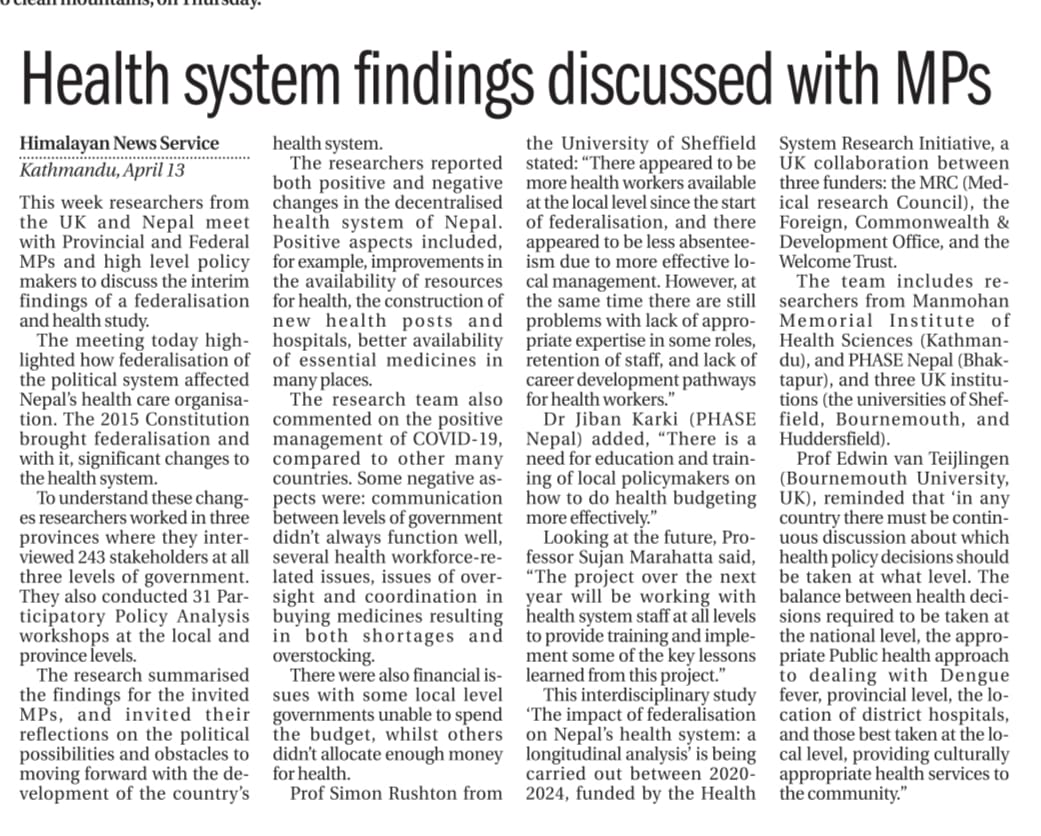
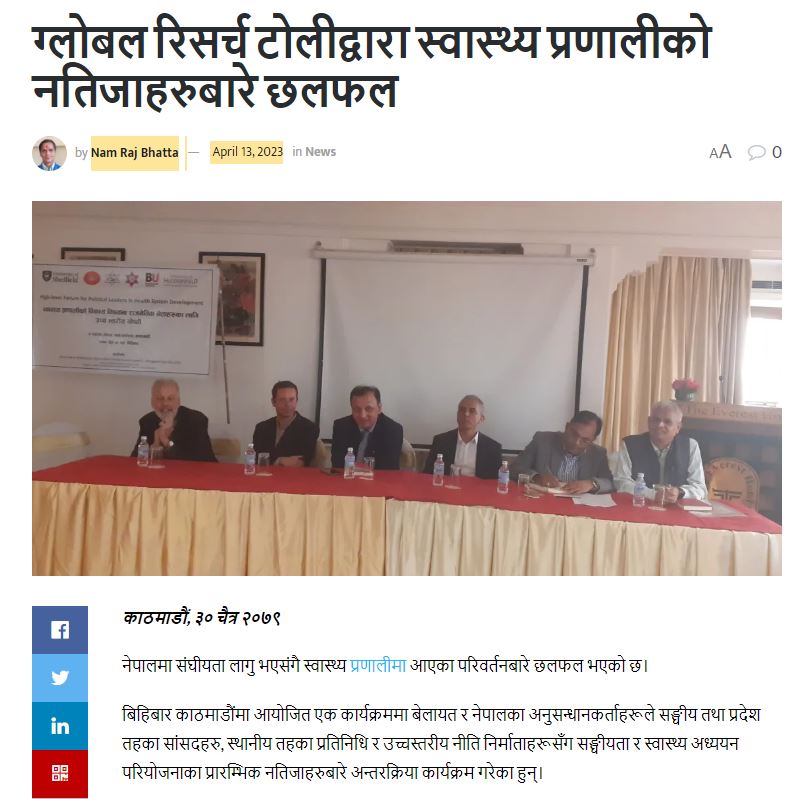
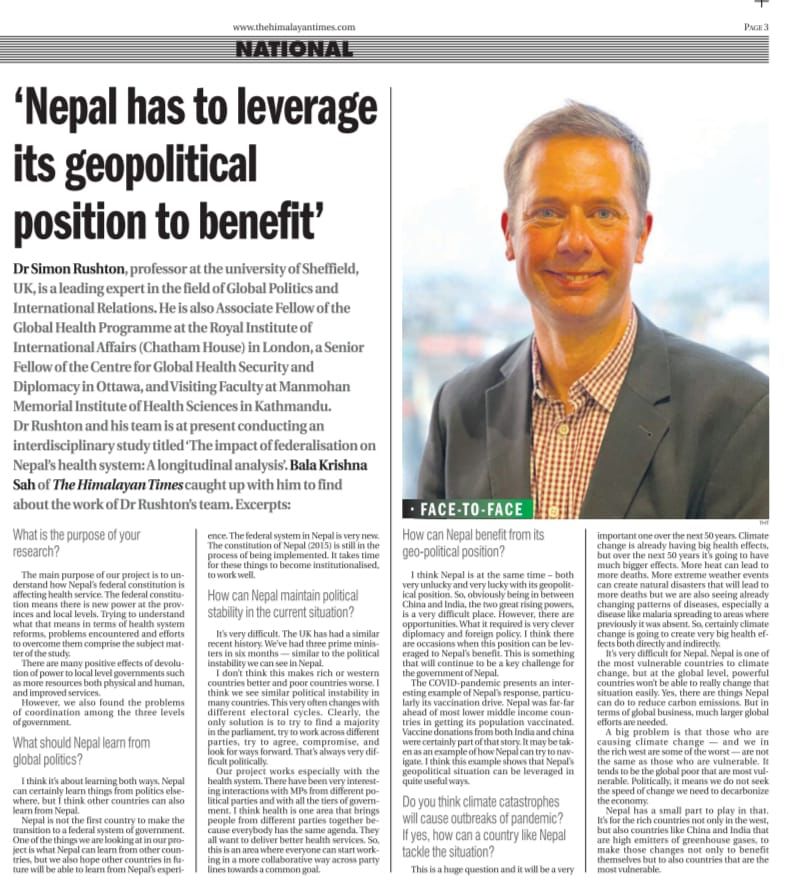
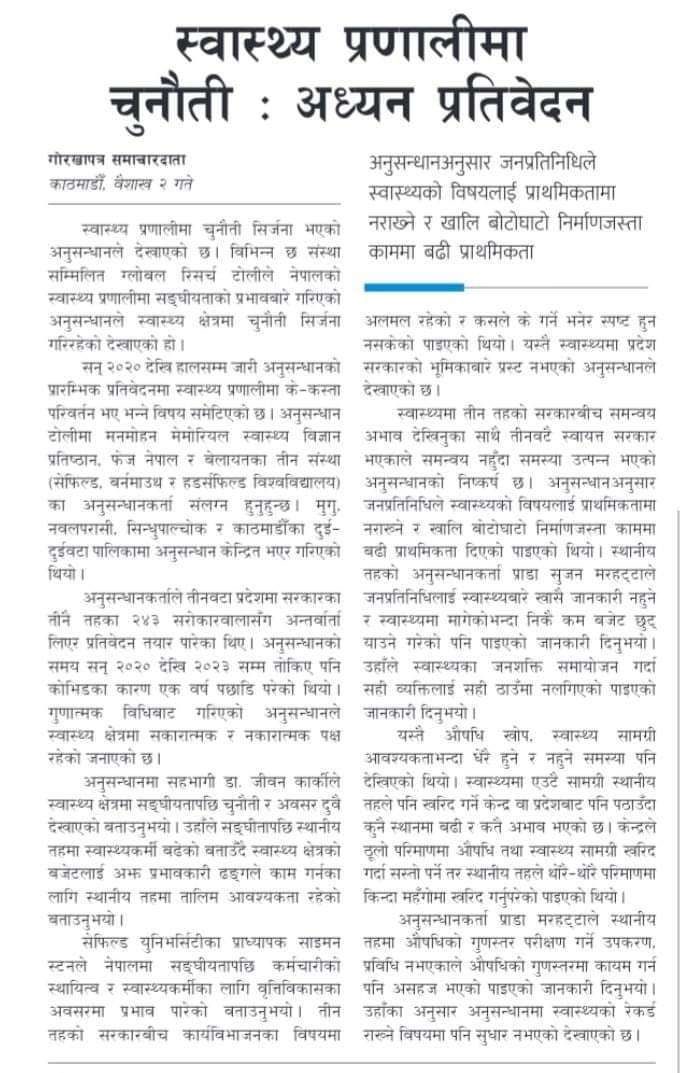
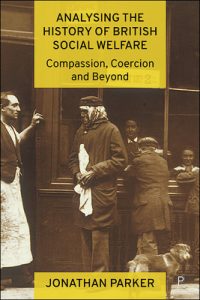
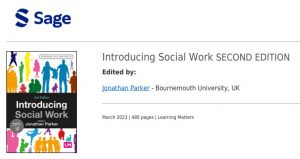
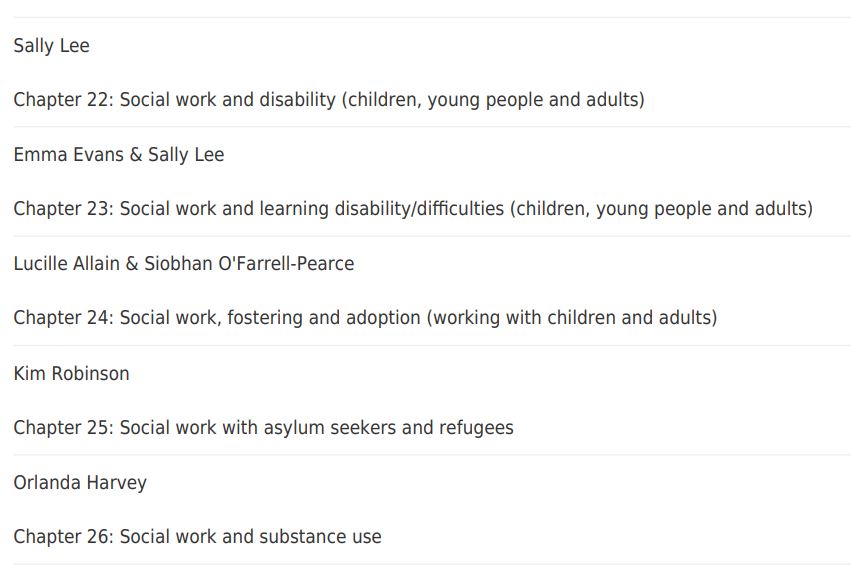

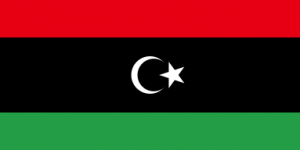
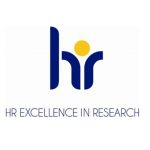 Two vacancies have arisen for the posts of University Representative, the leaders of the Research Staff Association. This is not a faculty-specific post, any eligible person from any faculty can apply.
Two vacancies have arisen for the posts of University Representative, the leaders of the Research Staff Association. This is not a faculty-specific post, any eligible person from any faculty can apply.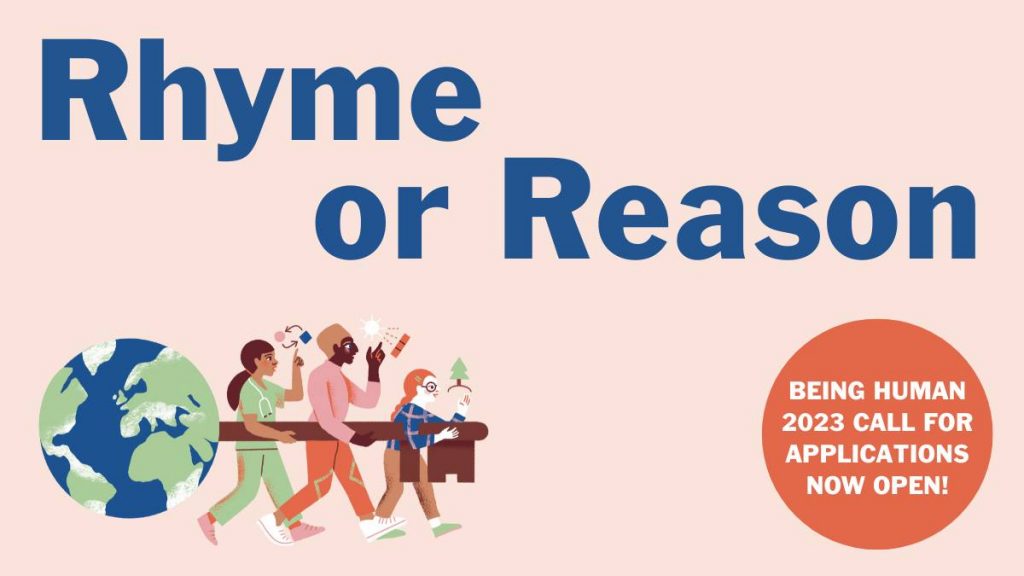
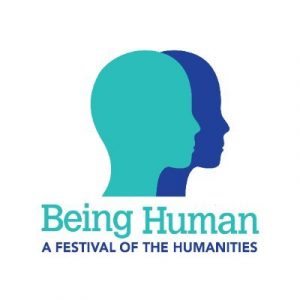 Pathways
Pathways 
 This 3 Day workshop covers strategies for academic writing: writing to prompts, targeting a journal/specific criteria, types of prompt for academic writing, ‘snack writing’, goal-setting for writing, motivation, freewriting, generative writing, analysing academic writing, drafting and revising an abstract/summary, constructing a ‘contribution’ argument, using prompts in series, outlining, productive writing behaviours, wellbeing, writing groups, micro-groups and retreats. Many of these can be used in preparing for a concentrated spell of writing at a writing retreat.
This 3 Day workshop covers strategies for academic writing: writing to prompts, targeting a journal/specific criteria, types of prompt for academic writing, ‘snack writing’, goal-setting for writing, motivation, freewriting, generative writing, analysing academic writing, drafting and revising an abstract/summary, constructing a ‘contribution’ argument, using prompts in series, outlining, productive writing behaviours, wellbeing, writing groups, micro-groups and retreats. Many of these can be used in preparing for a concentrated spell of writing at a writing retreat.
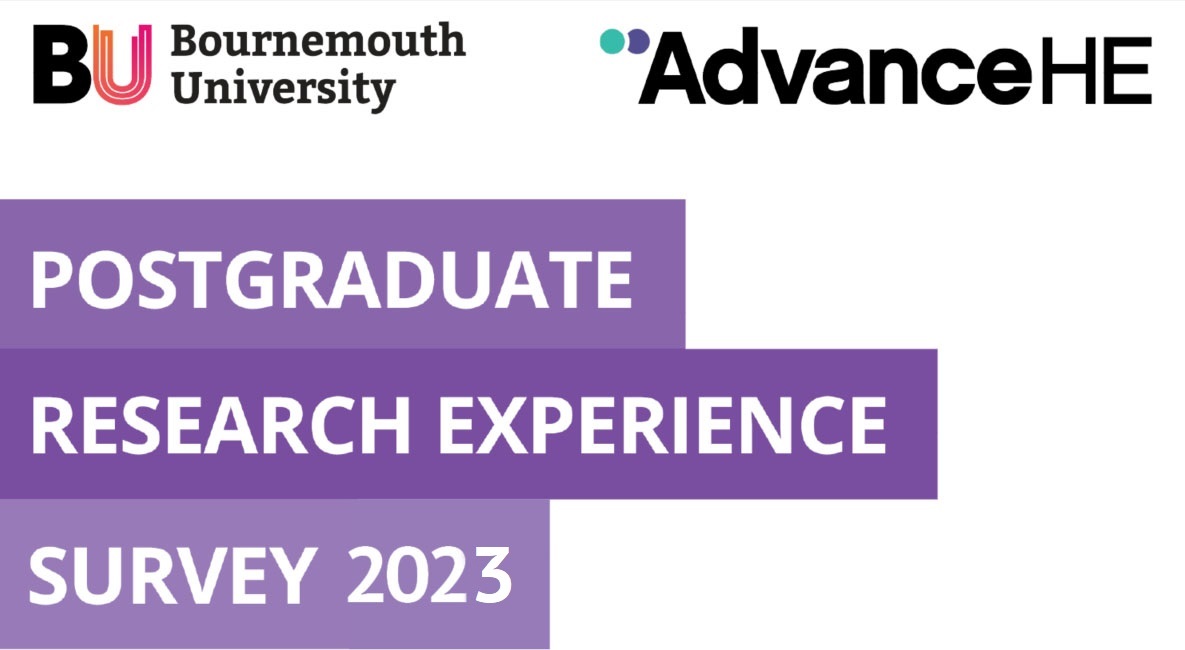

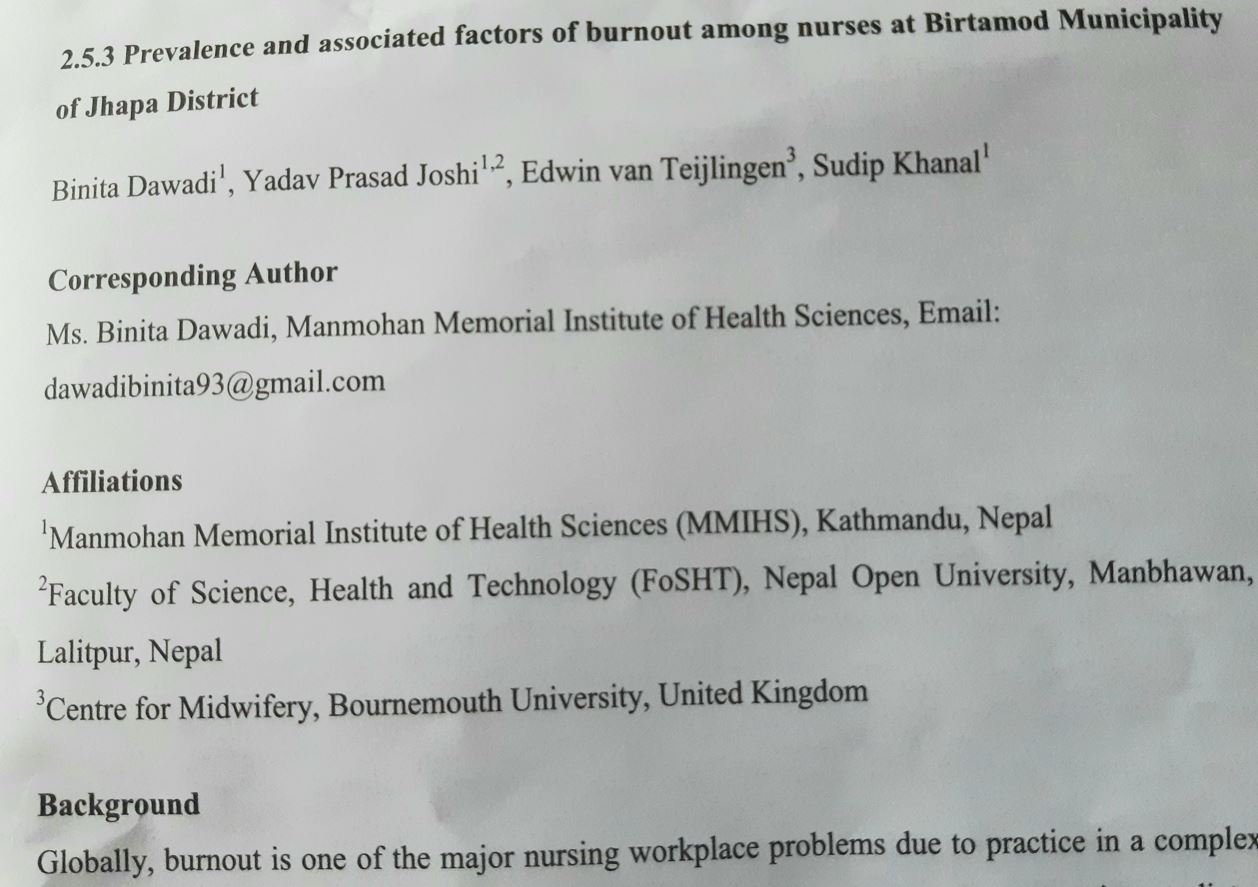













 Seeing the fruits of your labour in Bangladesh
Seeing the fruits of your labour in Bangladesh Exploring Embodied Research: Body Map Storytelling Workshop & Research Seminar
Exploring Embodied Research: Body Map Storytelling Workshop & Research Seminar Marking a Milestone: The Swash Channel Wreck Book Launch
Marking a Milestone: The Swash Channel Wreck Book Launch No access to BRIAN 5-6th February
No access to BRIAN 5-6th February ECR Funding Open Call: Research Culture & Community Grant – Application Deadline Friday 12 December
ECR Funding Open Call: Research Culture & Community Grant – Application Deadline Friday 12 December MSCA Postdoctoral Fellowships 2025 Call
MSCA Postdoctoral Fellowships 2025 Call ERC Advanced Grant 2025 Webinar
ERC Advanced Grant 2025 Webinar Update on UKRO services
Update on UKRO services European research project exploring use of ‘virtual twins’ to better manage metabolic associated fatty liver disease
European research project exploring use of ‘virtual twins’ to better manage metabolic associated fatty liver disease